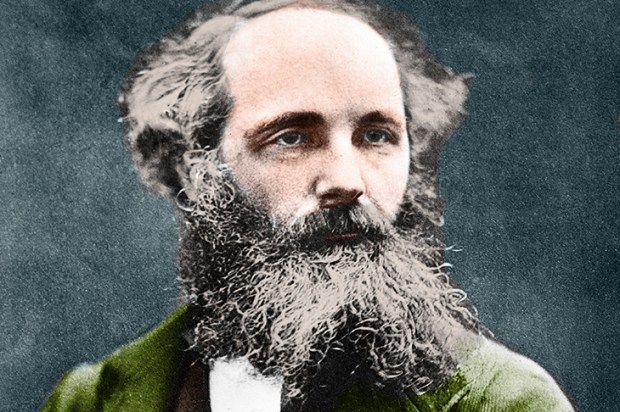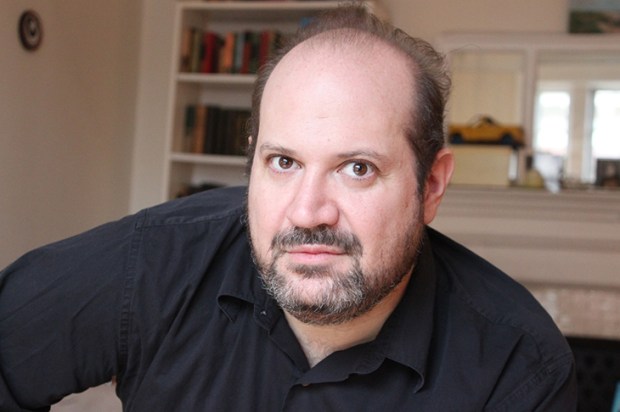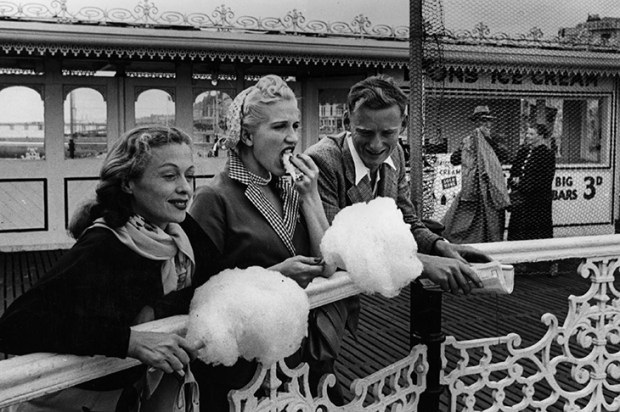James Lasdun is my favourite ‘should be famous’ writer, his work extraordinarily taut and compelling. His eye-boggling psychological thrillers are understated, yet perspicacious and hilarious.
By ‘psychological thriller’ I don’t mean they contain newsworthy physical violence. Lasdun is too English for that (although he now lives in New York). I mean the kind of dilemmas that would have your average, settled individual writhing in empathetic angst: secrets and lies in a kaleidoscope; knuckles-in-mouth mortification.
Already a subscriber? Log in
Subscribe for just $2 a week
Try a month of The Spectator Australia absolutely free and without commitment. Not only that but – if you choose to continue – you’ll pay just $2 a week for your first year.
- Unlimited access to spectator.com.au and app
- The weekly edition on the Spectator Australia app
- Spectator podcasts and newsletters
- Full access to spectator.co.uk
Unlock this article
You might disagree with half of it, but you’ll enjoy reading all of it. Try your first month for free, then just $2 a week for the remainder of your first year.














Comments
Don't miss out
Join the conversation with other Spectator Australia readers. Subscribe to leave a comment.
SUBSCRIBEAlready a subscriber? Log in